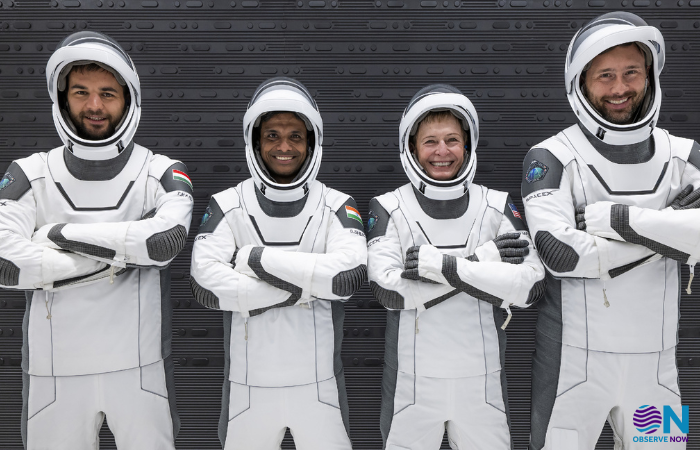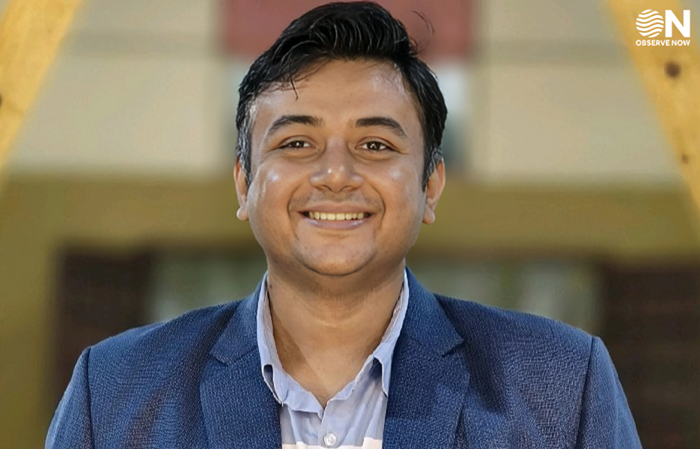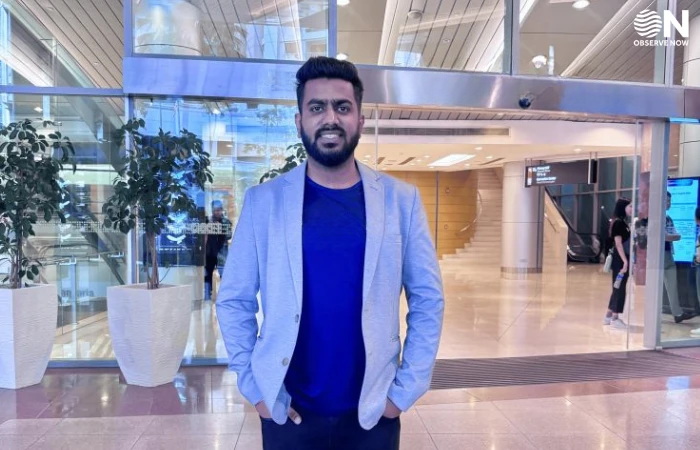Astronauts from India, Poland and Hungary Embark on Historic ISS Mission

NASA’s Kennedy Space Center witnessed the liftoff of a SpaceX Falcon 9 rocket carrying the Crew Dragon capsule “Grace” on its maiden flight. Aboard was the four-member Axiom 4 crew, marking a significant milestone: the first-ever missions to the International Space Station representing India, Poland and Hungary. Commanded by veteran astronaut Peggy Whitson, this mission also signifies the return of these nations to human spaceflight after more than four decades.
Accompanying Whitson are three historic mission specialists: Shubhanshu Shukla of India, Slawosz Uznański‑Wiśniewski of Poland, and Tibor Kapu of Hungary. Shukla, an Indian Air Force pilot, becomes only the second person from India to reach space and the first to visit the ISS, a critical prelude to India’s own Gaganyaan orbital mission slated for 2027. Uznański‑Wiśniewski and Kapu are also pioneering figures: Uznański-Wiśniewski as a European Space Agency astronaut, and Kapu debuting through Hungary’s national space initiative.
Launched aboard a newly built Dragon capsule designed by Axiom Space, the crew began a 14-day mission aboard the ISS. Their schedule includes around 60 microgravity experiments spanning biological, material science and medical research. Projects include studies on glucose regulation in space—a venture that could benefit both astronauts and patients on Earth.
Peggy Whitson, now serving as Axiom’s Director of Human Spaceflight and holding the record for the most cumulative days in space by any American, provides experienced leadership to this privately funded mission. Attention to crew safety has been paramount; the mission faced delays due to safety concerns about a minor air leak in the ISS, recently addressed to NASA’s satisfaction .
This mission highlights a new era of international collaboration in space. Axiom Space’s commercial partnership with NASA and SpaceX enables countries like India, Poland and Hungary to send astronauts to the ISS without investing in their own launch infrastructure. For India, this success amplifies its momentum in human spaceflight ahead of Gaganyaan and plans for an indigenous orbital station by 2035.
As “Grace” docks with the ISS, the mission encapsulates a blend of national pride, scientific ambition and commercial innovation in spaceflight. Over its duration, the Axiom 4 crew will not only carry out critical research but also strengthen diplomatic ties by representing their nations on a shared scientific platform in orbit.
















